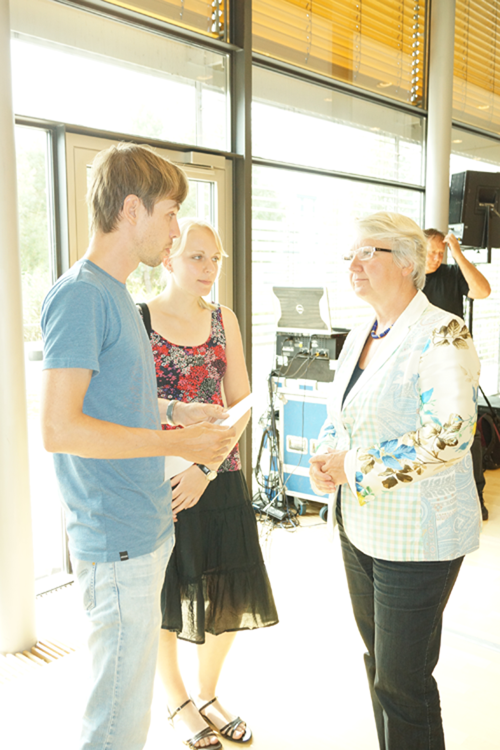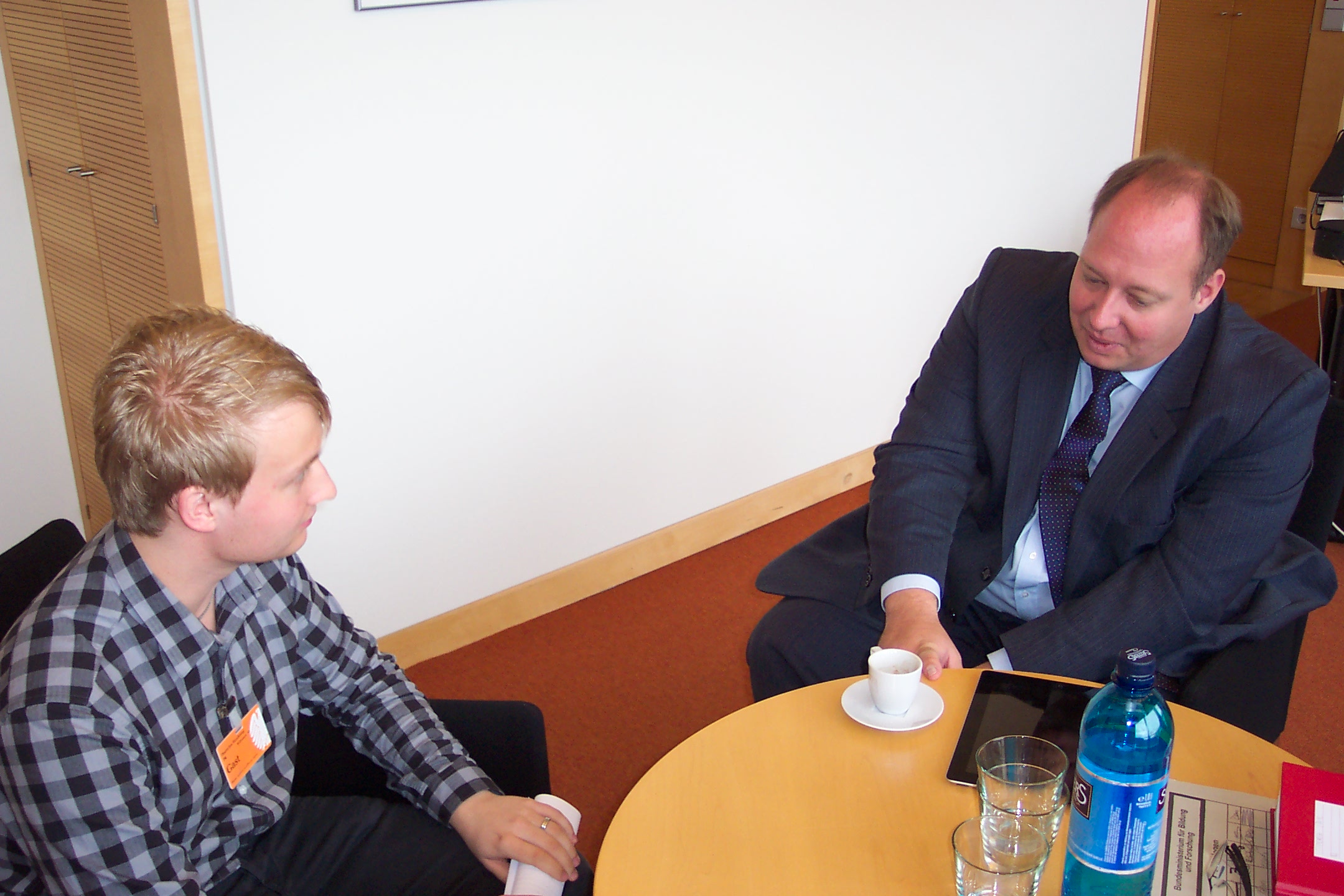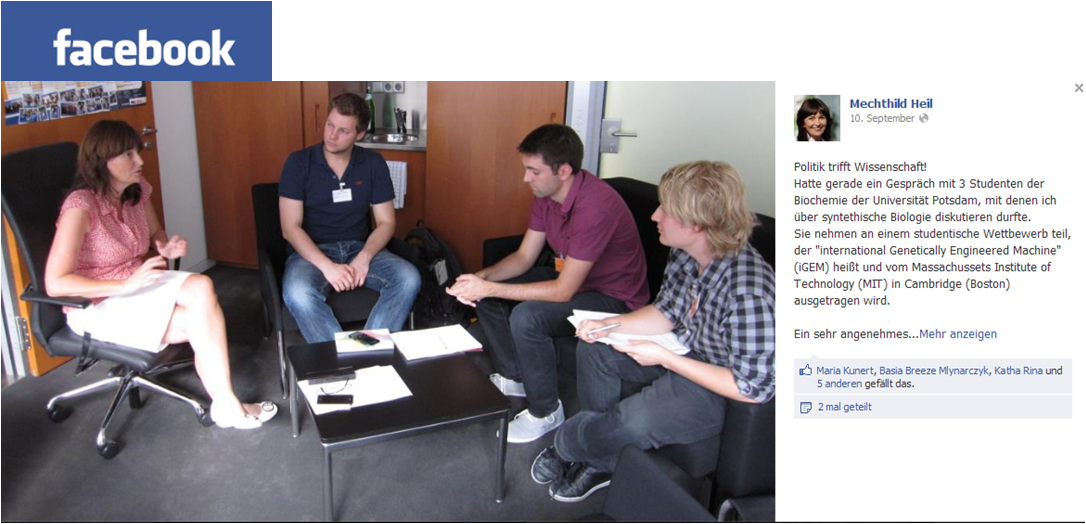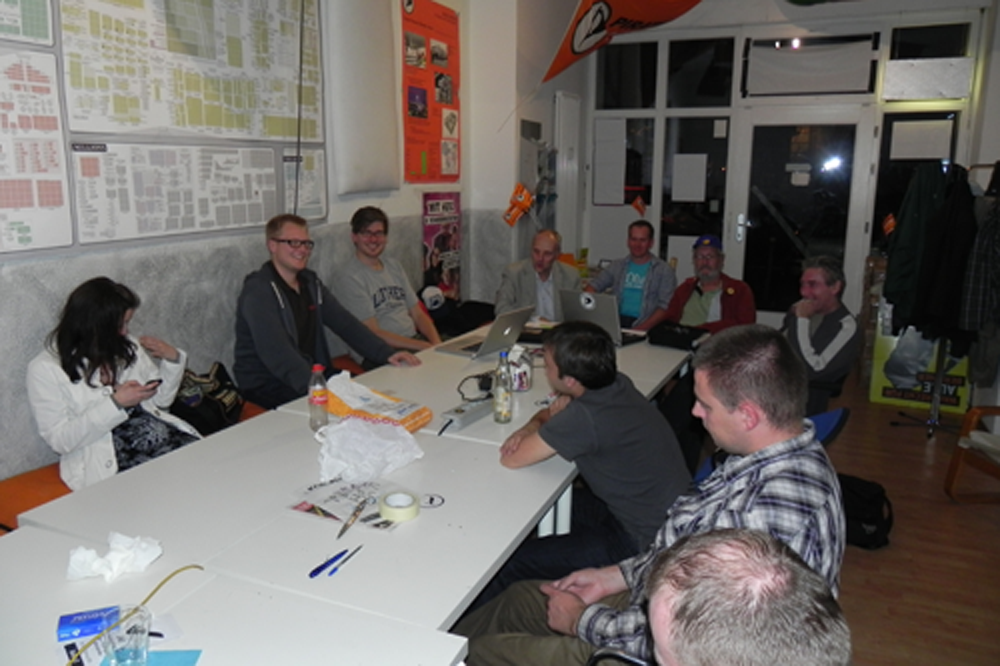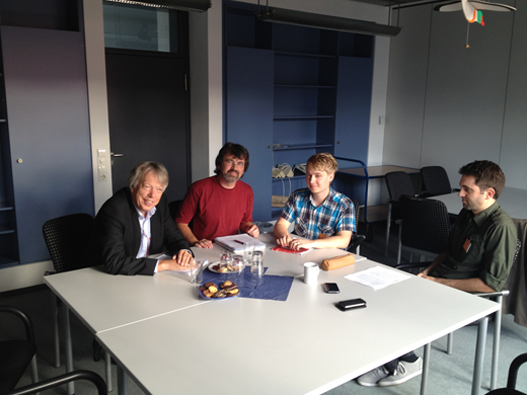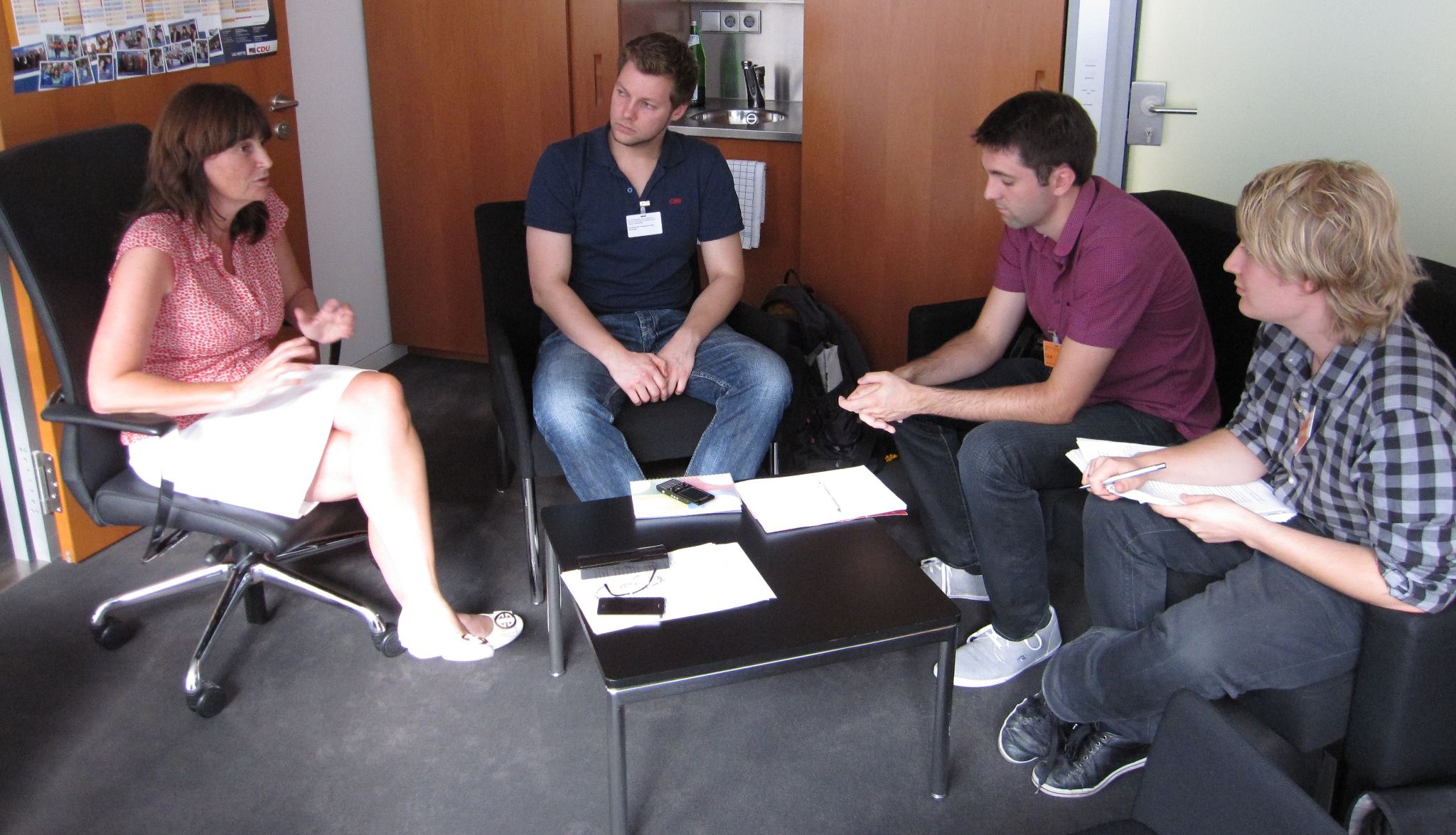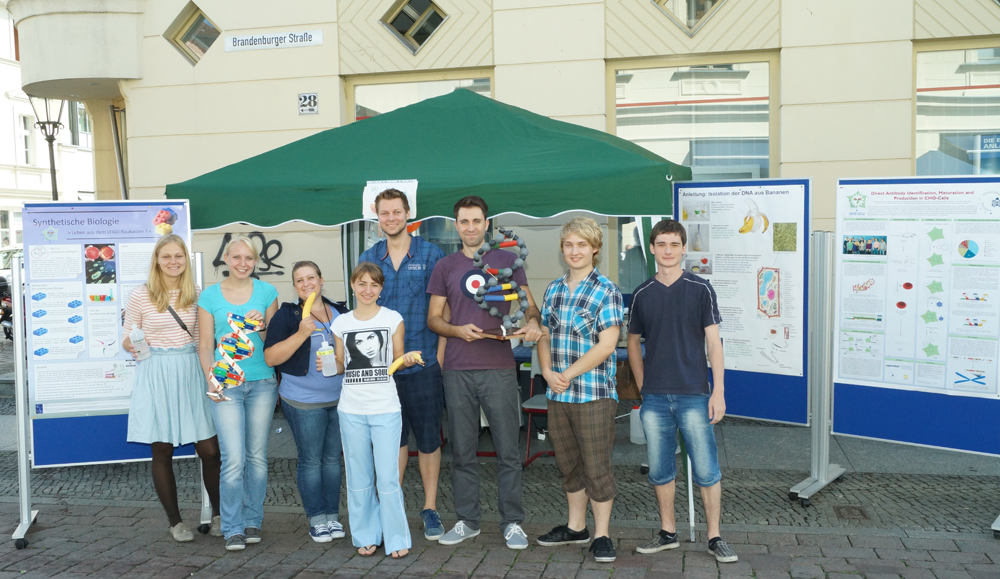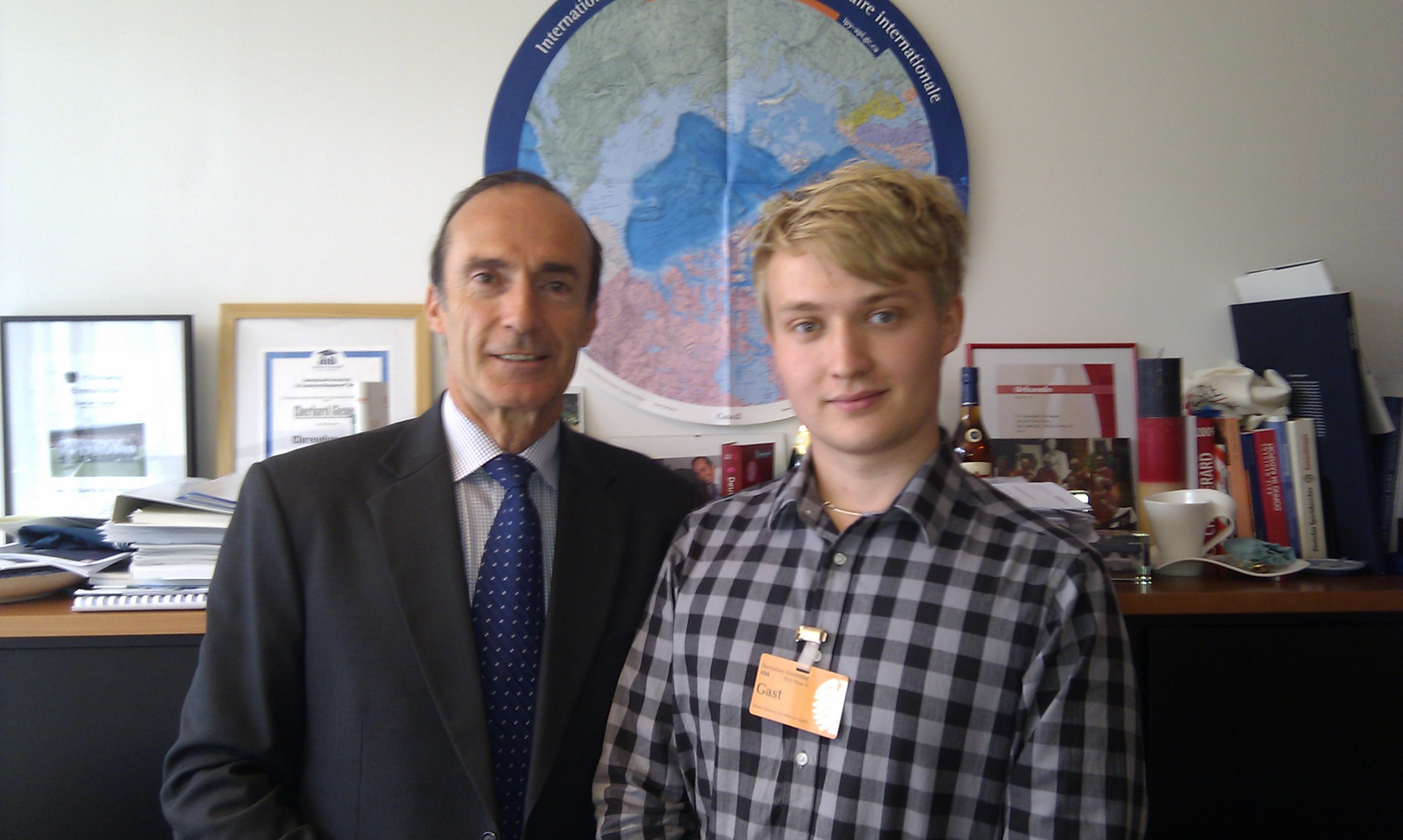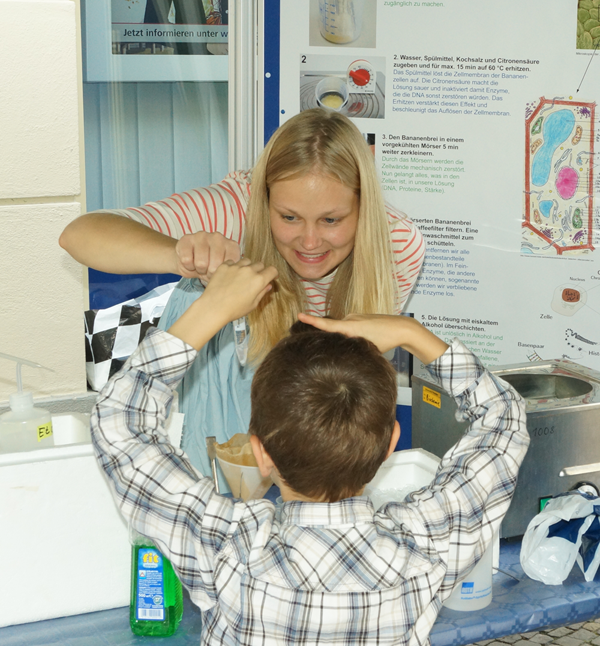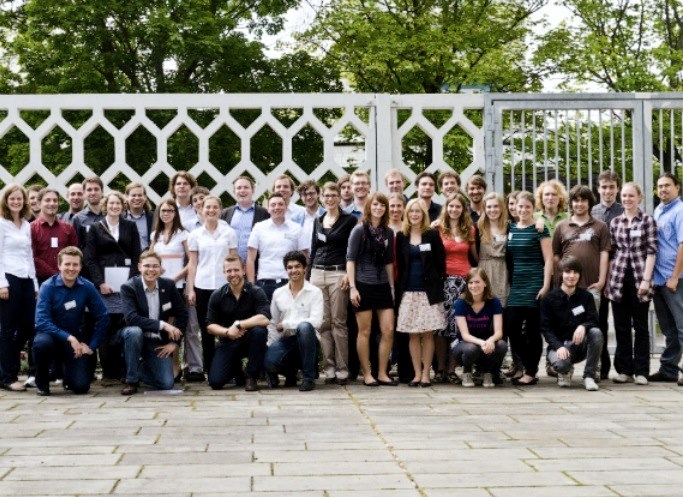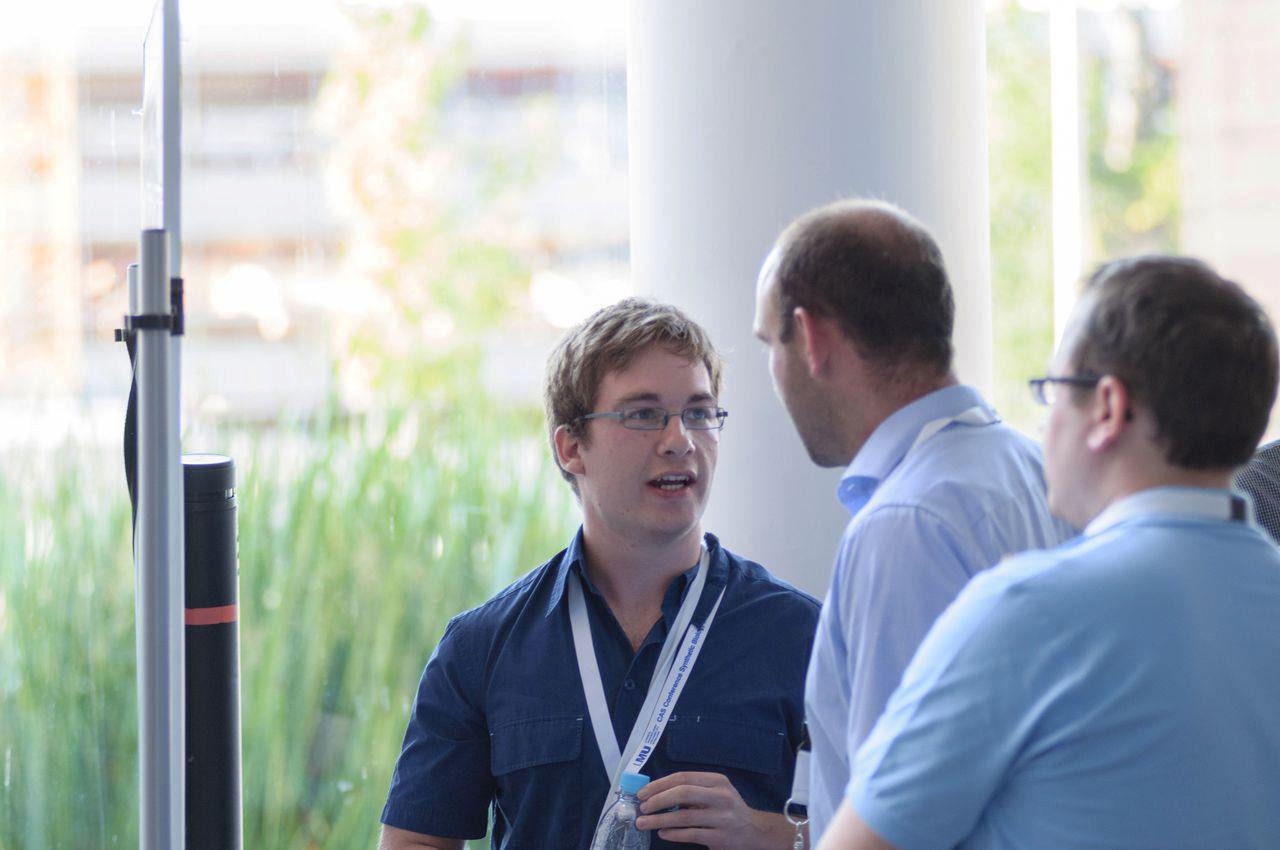Team:Potsdam Bioware/SocialBrick
From 2012.igem.org
(→The SocialBricks Gallery) |
(→The SocialBricks Gallery) |
||
| Line 82: | Line 82: | ||
</gallery> | </gallery> | ||
| + | [[file:UP12_interview.jpg]] | ||
| + | |||
| + | [[file:UP12_conference.fpg]] | ||
</div> | </div> | ||
Revision as of 15:42, 26 October 2012
Contents |
SocialBricks
SocialBricks Overview
For us, the human practice part and bioethics in general are one of the most important 'bricks' in science. To increase understanding and hopefully acceptance of Synthetic Biology within the society, scientists, junior scientists and politicians have to work together to improve knowledge. The Potsdam_Bioware team 2012 agrees with the statement that every scientist has the duty to inform people about the advantages and risks of their work to advance public discourse.
The idea of SocialBricks
To sum up all our human practice activities, we developed a term describing different human practice activities: 'SocialBricks'. The concept of SocialBricks is to modularize human practice activities in order to provide adapted versions of activities to various target audiences. These SocialBricks may be used for different levels of education, e.g. pupil to student, or information needs, e.g. non-governmental organization or consumer. SocialBricks could even be listed in the parts-registry in the future to inform citizens about the activities of each team and enable further development and improvement over the years.In this year, we focused on two SocialBricks: “-> Science meets Politics” and “-> Science meets People”.
Synthetic Biology is often discussed controversially. One reason for these controversial discussions might be a misunderstanding caused by varied definitions used by different groups. As a basis for our discussions we therefore provided our own definition for Synthetic Biology:
Synthetic Biology is the molecular reprogramming of cells or even organisms with the aim to create features not discovered or available in this combination in nature. One important characteristic of Synthetic Biology is the interdisciplinary combination of scientific research areas including genetic engineering.
Science meets Politics
For “Science meets Politics” we met the minister of education and research Prof. Dr. Schavan and interviewed several members of the German Parliament (Bundestag) and a squad of the German Pirate Party in person to understand their view on complex issues within Synthetic Biology. For these interviews and meetings, we also tried to inform the politicians about Synthetic Biology. Learning from each was one important aspect of "Science meets Politics". With this socialbrick, we tried to combine ethic discussion about Synthetic Biology with the opinions of german politicians who are responsibel for the laws of tomorrow. Therefore, we though it is time to speak with decision makers than speaking with philosophers because these politicians represent the opinions of the German public.
Science meets people
For “Science meets People”, we conducted a survey to elucidate the knowledge of laymen on Synthetic Biology and to inform people about this topic. We combined this with public DNA isolation from bananas in the central pedestrian zone of Potsdam on a busy Saturday afternoon. This activity was also our contribution to the "Day of Synthetic Biology" set up by the German iGEM teams.
Ethic discussion
According to our project, we also spoke about animal experiments and ethic standards with people and politicians. All in all, most of the people did agree with the statement that we should use Synthetic Biology to reduce the number of animal experiments. We, the Potsdam_Bioware team 2012, do also highly support this statement. We should use the great potential of Synthetic Biology to find an alternative way in research and therapy that would reduce the number of animal experiments or even supersede them. We also discussed the various aspects of ethic standards with people and politicians. The majority of them hold the opinion that ethic standards should be a substantial focus of science. That is the reason why scientists should not reify nature. Nevertheless, it is also important to grant freedom of science and to support the steady scientific and technical progress.

|

|
 "
"






